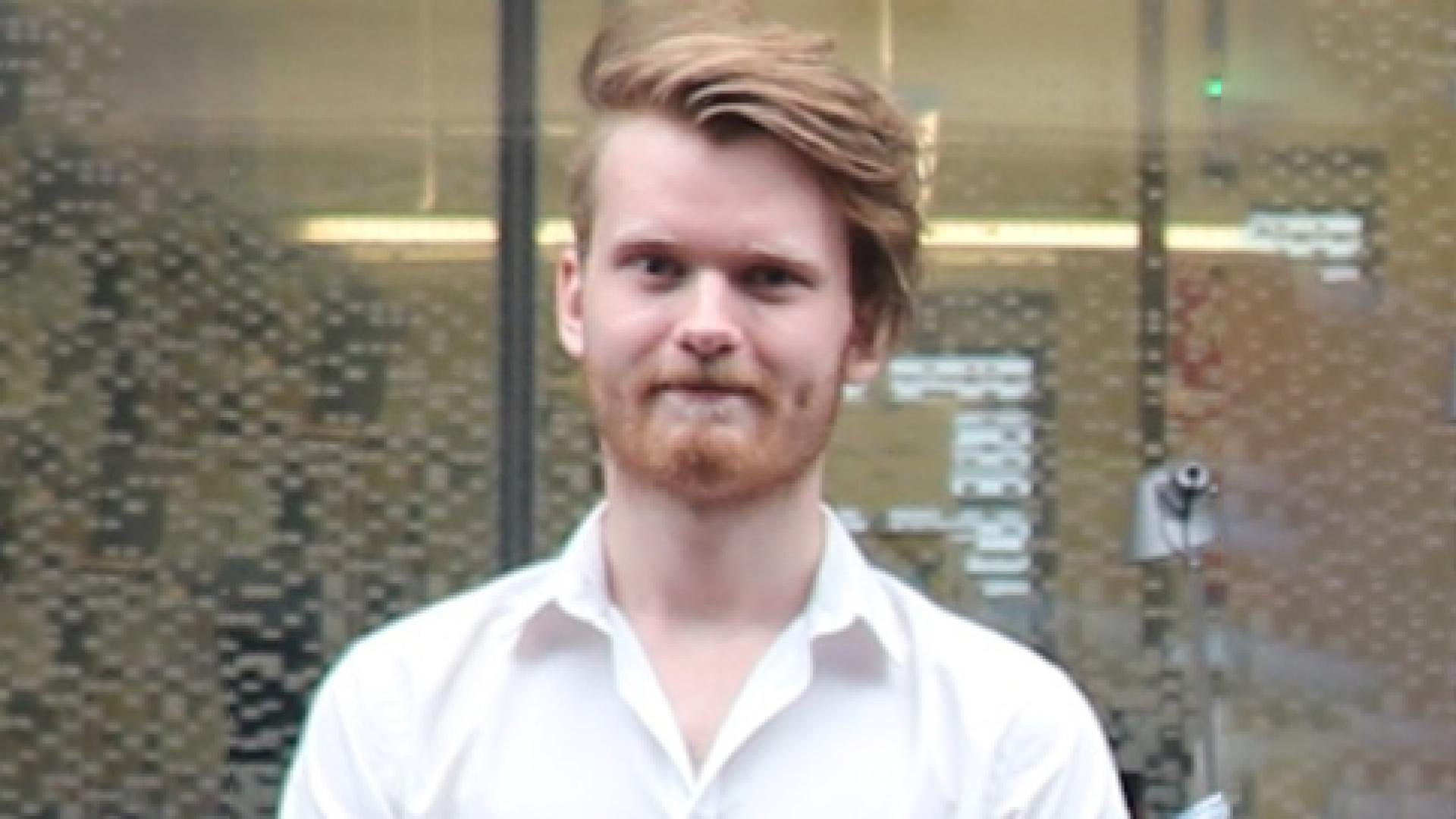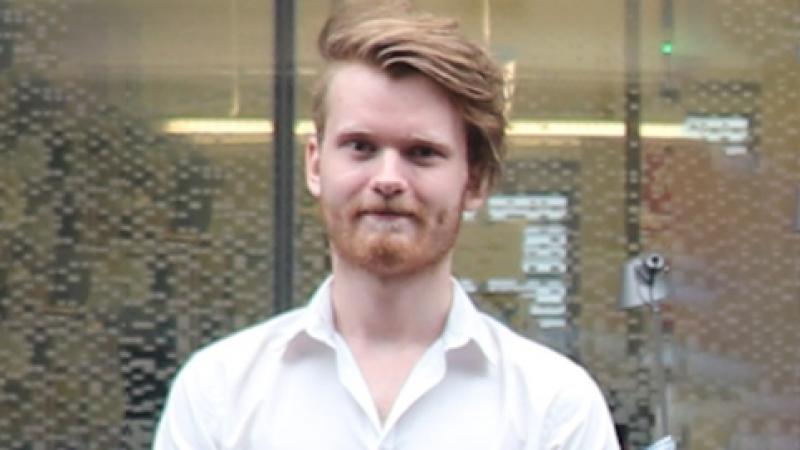By David Murphy
Runar Reve, a former KAUST Visiting Student Research Program (VSRP) student, recently received the International Society for Computational Biology’s (ISCB) Bio-Ontologies COSI – Best Talk Award at the 28th Conference on Intelligent Systems for Molecular Biology (ISMB) 2020.
In light of the ongoing COVID-19 pandemic, the annual bioinformatics/computational biology showcase event was held virtually from July 13-16, 2020. The conference saw scientists from the fields of computer science, molecular biology, mathematics, statistics, and related fields disseminate the latest developments in bioinformatics and computational biology.
Reve’s winning talk was based on his, as yet unfinished, paper, “Applying GWAS on U.K. Biobank by using enhanced phenotype information based on Ontology-Wide Association Study.” The article explores the use of ontologies— structures used to represent the relationship between entities—in this case for traits, to extract additional information from preexisting U.K. Biobank data.
“With this ontological structure, we inherit cases from more specific traits to less specific traits, (e.g. “Mental disorder due to tobacco” will also be included in the less specific trait “Mental disorder.”) This results in more cases for numerous traits that we want to study, and some traits that were not previously available can now be studied,” he explained.
Time at KAUST
During his one-year spell as a visiting student in Professor Robert Hoehndorf’s Bio-Ontology Research Group (BORG), Reve gained valuable research experience, while improving his research methods and skill set. The KAUST VSRP program was created to offer international students the chance to collaborate with the University’s faculty in a world-class research setting.
“I heard about KAUST through an older student at my university [Aberystwyth University], and I immediately contacted Prof. Hoehndorf about a summer internship opportunity,” he said. “The following year, Robert came to my university to give a few presentations, and we discussed the possibility of a longer internship, and there I suddenly was, in Saudi Arabia.”
“Prof. Hoehndorf always pushed me to be better and do more, while understanding that we all get stuck from time to time and need space to find a solution. It always amazed me how he had maintained an overview of all his students’ projects and made them feel seen and heard when he talked to them. At KAUST, I saw improvements in my work from week to week.”
Reve, who is currently completing his bachelor in Computer Science and Artificial Intelligence (AI) degree at Aberystwyth University, U.K., remains open to the possibility of a return to KAUST in the future.
“Once I complete my degree, I would love to come back to KAUST as a full-time student for a Master’s (or maybe even Ph.D.). However, I am still unsure of what I want to do for the future. Luckily, I have a year left to think about.”

